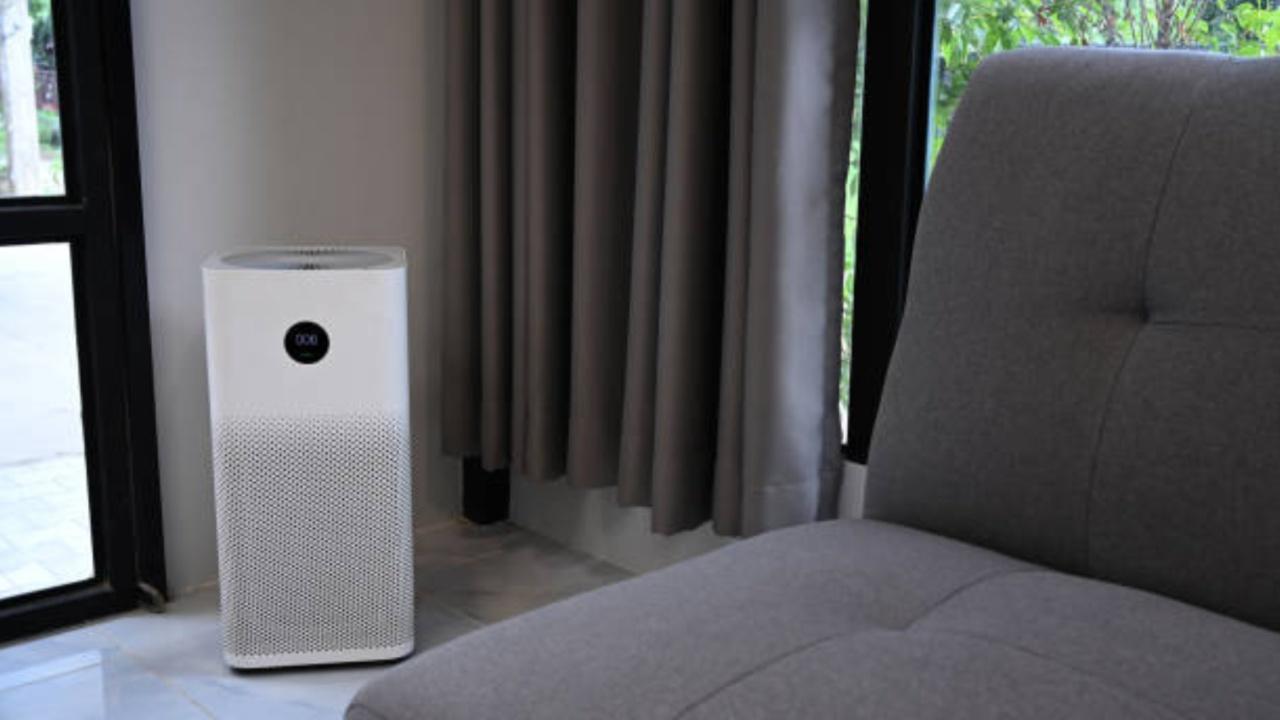Air purifiers are designed to filter pollutants or contaminants out of the air that passes through them

Image for representational purposes only. Photo Courtesy: iStock
Technologies like air filtration, germicidal lights and ionisers are not effective in warding off risk of viral infections, finds a study.
ADVERTISEMENT
Researchers from the University of East Anglia (UEA) looked at all the available evidence but found little to support hopes that these technologies can make air safe from respiratory or gastrointestinal infections.
“Air cleaners are designed to filter pollutants or contaminants out of the air that passes through them,” said Prof Paul Hunter, from UEA’s Norwich Medical School.
“When the Covid pandemic hit, many large companies and governments -- including the NHS, the British military, and New York City and regional German governments -- investigated installing this type of technology in a bid to reduce airborne virus particles in buildings and small spaces.
“But air treatment technologies can be expensive. So it’s reasonable to weigh up the benefits against costs, and to understand the current capabilities of such technologies,” Hunter said.
In the paper, published in Preventive Medicine, the team studied evidence about whether air cleaning technologies make people safe from catching airborne respiratory or gastrointestinal infections.
They analysed evidence about microbial infections or symptoms in people exposed or not to air treatment technologies in 32 studies, all conducted in real world settings like schools or care homes. So far none of the studies of air treatment started during the Covid era have been published.
“The kinds of technologies that we considered included filtration, germicidal lights, ionisers and any other way of safely removing viruses or deactivating them in breathable air,” said lead researcher Dr Julii Brainard, also from UEA’s Norwich Medical School.
“In short, we found no strong evidence that air treatment technologies are likely to protect people in real world settings,” she said.
There is a lot of existing evidence that environmental and surface contamination can be reduced by several air treatment strategies, especially germicidal lights and high efficiency particulate air filtration (HEPA). But “this evidence seems biassed and imbalanced”.
“We strongly suspect that there were some relevant studies with very minor or no effect but these were never published,” Brainard said. “Our findings are disappointing - but it is vital that public health decision makers have a full picture."
This story has been sourced from a third party syndicated feed, agencies. Mid-day accepts no responsibility or liability for its dependability, trustworthiness, reliability and data of the text. Mid-day management/mid-day.com reserves the sole right to alter, delete or remove (without notice) the content in its absolute discretion for any reason whatsoever.
 Subscribe today by clicking the link and stay updated with the latest news!" Click here!
Subscribe today by clicking the link and stay updated with the latest news!" Click here!







